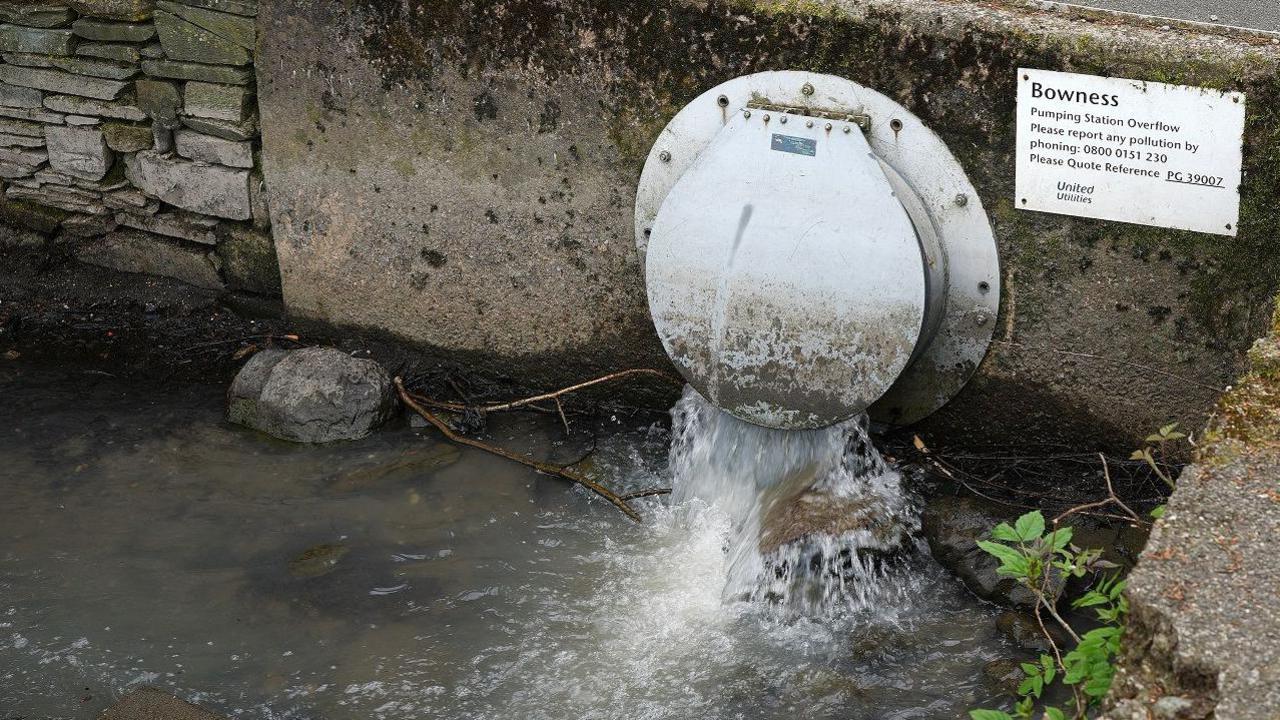'Alarming' chemical levels found in East rivers
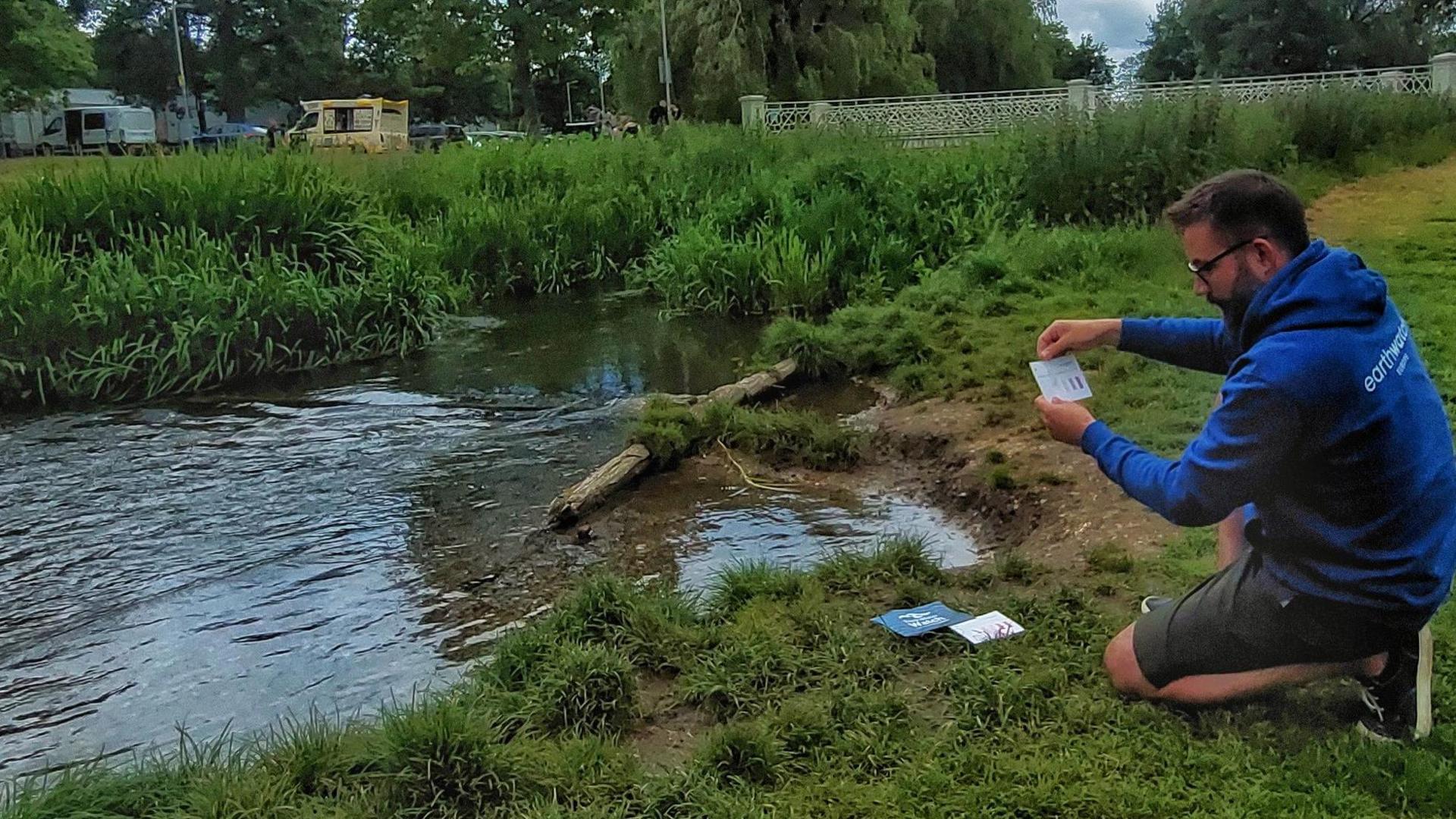
Imperial College London analysed data and found antibiotics, nicotine and anti-depressants present in rivers
- Published
Rivers in the East of England and London have the worst water quality in the UK with an "alarming" amount of chemicals found, according to a recent study.
Imperial College London analysed samples taken by more than 5,000 volunteers who visited their local rivers as part of the Earthwatch scheme.
Earthwatch Europe, external said that more than 80% of surveys in the Anglian and Thames river basin districts showed "unacceptable nutrient concentrations", including nicotine, caffeine and anti-depressants.
Imperial College London said: "More needs to be done to urgently clean up our water."
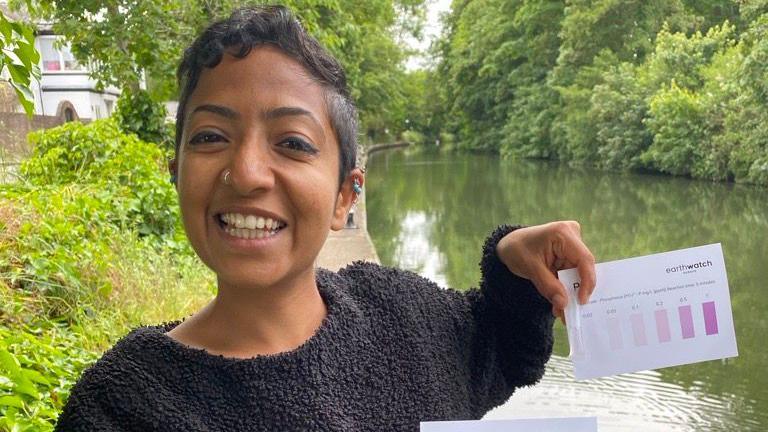
About 5,000 Earthwatch volunteers gathered data from rivers across the UK
Dr Leon Barron, an environmental scientist at Imperial, said: "Our analysis has already identified several chemicals at levels which exceed accepted safe limits for aquatic life.
"We found pharmaceuticals, pesticides and even common substances like caffeine and nicotine at detectable levels in water up and down the country.
"Despite treatment facilities being in place, these chemicals continuously find their way into our waterways."
The data showed Rutland had the worst water quality in the UK, followed by Northamptonshire, Hertfordshire, Lincolnshire and Bedfordshire.
Most of those counties fall in the Anglian river basin district, which stretches from East Anglia across to the East Midlands.
Only one of the river basins in the Thames and Anglian districts had more than 40% of measurements indicating good water quality.
Conversely, Northumberland came out as having the best water quality in England, while West Glamorgan in Wales, and Kirkcudbrightshire in Scotland were the best in the UK of the places measured.
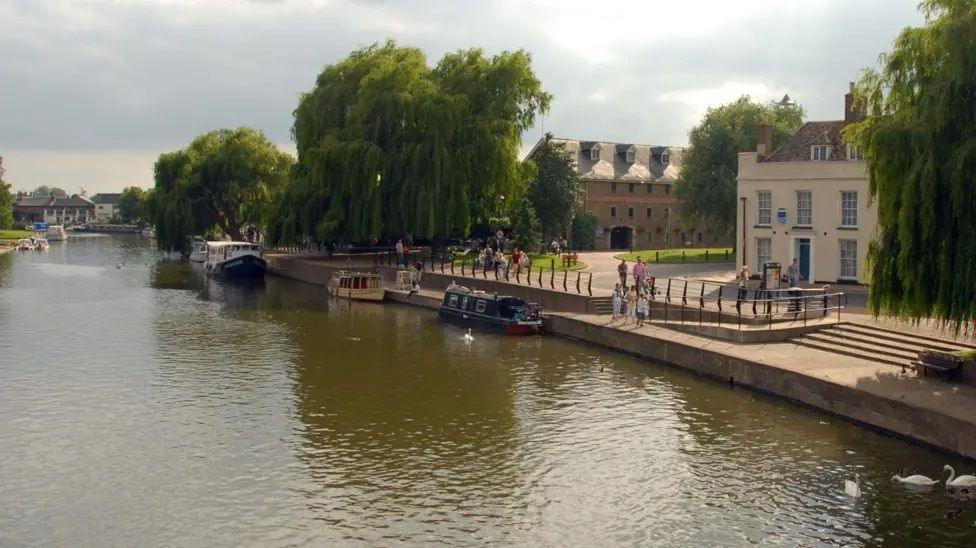
Parts of the River Great Ouse in Cambridgeshire and Bedfordshire had "unacceptable" water quality
Earthwatch said the citizen science approach meant regular testing could take place.
Its director of Science and Policy, Dr Sasha Woods, said the results were "deeply concerning".
"Our rivers are facing a multitude of threats, including sewage pollution to agricultural runoff, and we need urgent action to protect these vital ecosystems," Dr Woods said.
"Otherwise we risk greater losses to freshwater biodiversity, the potential spread of anti-microbial resistance, and the very real threat of clean water scarcity," she added.
"Healthy freshwater systems, free from harmful pollution, aren’t a nice thing to have, they are vital if we are to address the biodiversity and climate crises."
Get in touch
Do you have a story suggestion for the East of England?
Follow East of England news on X, external, Instagram, external and Facebook: BBC Beds, Herts & Bucks, external, BBC Cambridgeshire, external, BBC Essex, external, BBC Norfolk, external, BBC Northamptonshire, external or BBC Suffolk, external.
Related topics
You may also like:
- Published22 August 2024
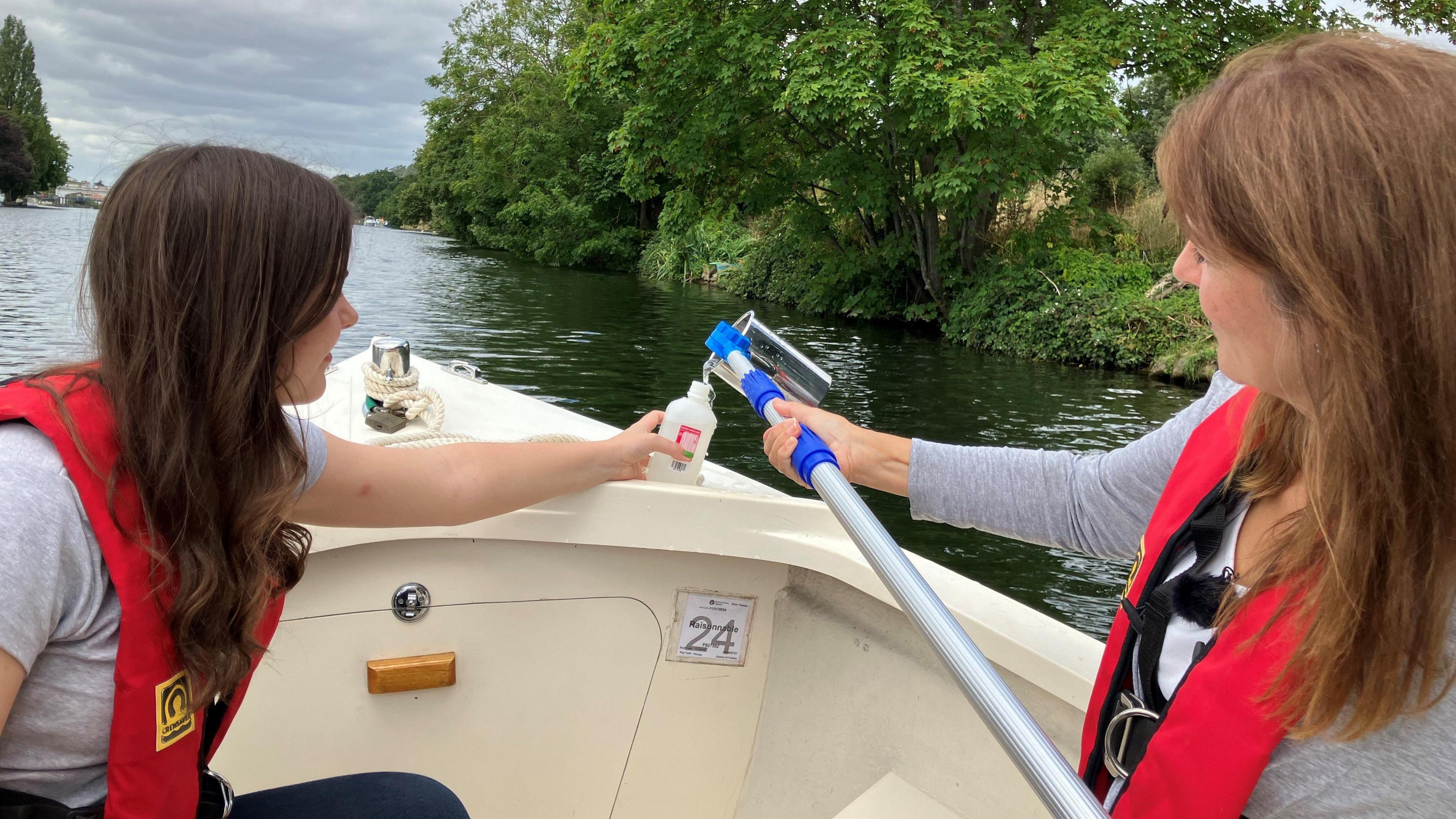
- Published16 July 2024
